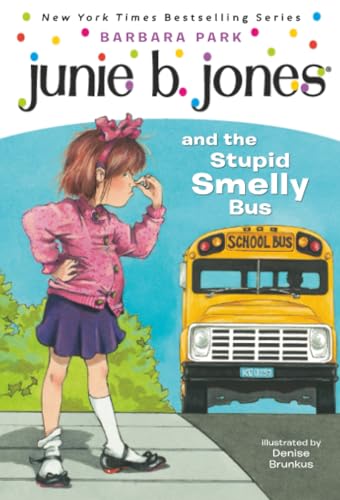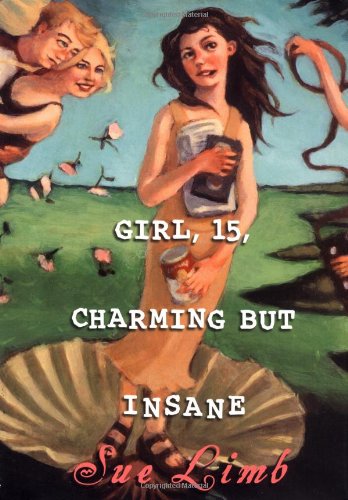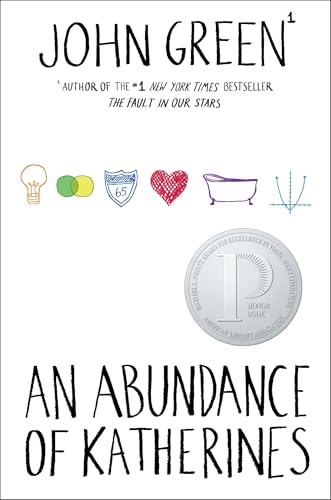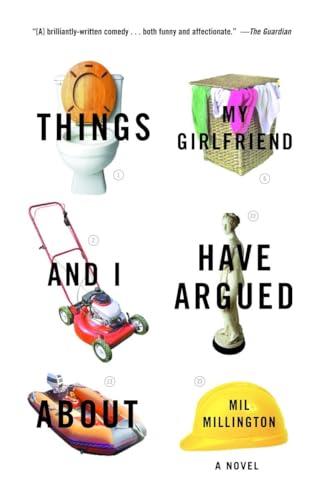Well, this is embarrassing. I thought I’d finished and posted this and have not been paying enough attention to notice that was not the case. Kinda shows how things have been going lately. While I could be critical of myself, I will instead focus on the session I attended on critical reviews. (See what I did there?)
Presented by Kelly Jensen and Julia Riley in the room and Abby Johnson and Janssen Brandshaw through the wonders of technology (Skype, I mean. They weren’t like robots or anything.), the session took on what we’ve only spoken about in whispers: What if the book isn’t good? The team immediately reframed the conversation from “negative” to “critical” reviews, putting the emphasis on analysis of the book. They covered ways to pull out discussion of pacing, characters, dialogue, plotting, language, phrasing, voice, and content. They reminded us of the need to notice and address whether to share specific content or spoilers, and to think of the audience of both the book and the review in making these decisions. The talked about avoiding snark, which is a little sad for me as my best line is from reviewing a glittery picture book and stating that my hands looked like I had bitch-slapped Tinkerbell.
Jen Robinson and Carol Rasco did a great job covering the many ways to get your blog out into the eyeballs of readers. Jen went through subscriber emails, newsletters, Facebook, Twitter, and Feedblitz. She also talked about following lists and keywords on Twitter — like #kidlit and #cybils — to keep in and be part of the conversation. Carol talked about her own rule-breaking experience in her organization blog for Reading Is Fundamental.
The last session of the day was highly energized, both by the topic of diversity and by the moderator, Lee Wind. With incredible authors Brent Hartinger, Sara Ryan, Justina Chen, and Sarah Stevenson. The panel discussion started with the provocative question, “Who has the ‘right’ to write a minority story?” And it stayed with that honest tone throughout, pointing me to resources like Writing the Other and Microagressions.com. It gave me the idea that what is dangerous about a stereotype is that it is a single story that limits, while putting out a multitude of stories expands the experience for the reader. There was much talk about speaking your own truth, and yet also turning to research. Honestly, this is an incredibly hard session to capture as the discussion, the fact that we can have the discussion, was a huge component in itself.
The day ended with a pre-dinner happy hour, where I spent some time with Amber Keyser, writer of AngelPunk. Very interesting lady, and just as game as I was to move the discussion over toward Scott Westerfeld. I mean, literally move over to where he was, as opposed to discussing him (though Els discusses his speech very well at Tor). You don’t have a writer that cool, that interesting in your midst and not try to engage him. (I had made a good attempt at lunch as well, but it’s never enough.) We chatted books, New York City, and celebrity encounters before heading to dinner. I sat with my old crowd, but did chat with Martha Brockenbrough, though not nearly enough. After dinner, it was back to the lounge for more wine and hanging out (though sadly, no more Scott Westerfeld) and yes, one more drink at the KidLitCon Command Center before officially closing out the day and the conference.
Thanks to Colleen and Jackie for all the work that went into putting KidLitCon Seattle together! See you all next year at KidLitCon NYC!
The Rundown
One of the bestselling preschool books of recent times was Walter the Farting Dog. At the same time, the American Library Association named as one of its best books Michael Rosen’s Sad Book, a book in which Mr. Rosen talks about his despair over the death of his son. I believe that, for most of us, what we want lies somewhere between a flatulent canine and overwhelming grief.
View my complete profile
Email MotherReader

Email MotherReader

Share It
Blog Archive
Followers
MotherReader Suggests
Funny Books for All Ages
Newborn
One Year
Two Years
Three Years
Four Years
Five Years
Six Years
Seven Years
Eight Years
Nine Years
Ten Years
Eleven Years
Twelve Years
Thirteen Years
Fourteen Years
Fifteen Years
Sixteen Years
Seventeen Years
Eighteen Years
Adult
Newborn

One Year
Two Years

Three Years
Four Years
Five Years

Six Years
Seven Years
Eight Years

Nine Years
Ten Years

Eleven Years
Twelve Years
Thirteen Years

Fourteen Years
- Born Too Short
- Sex Kittens and Horn Dawgs Fall in Love
- Once Upon a Marigold
- Angus, Thongs, and Full Frontal Snogging
Fifteen Years

Sixteen Years
Seventeen Years

Eighteen Years
- Our Dumb Century: The Onion Presents 100 Years of Headlines from America’s Finest News Source
- How to Ruin Your Life
- The Daily Show with Jon Stewart Presents America (The Book): A Citizen’s Guide to Democracy Inaction
Adult

- I’m with Stupid: One Man. One Woman. 10,000 Years of Misunderstanding Between the Sexes Cleared Right Up
- The Sex Lives of Cannibals: Adrift in the Equatorial Pacific
- Things My Girlfriend and I Have Argued About: A Novel
- Why Not Me?
- Good in Bed
- I Love Everybody (and Other Atrocious Lies): True Tales of a Loudmouth Girl
- Bitter is the New Black: Confessions of a Condescending, Egomaniacal, Self-Centered Smartass, Or, Why You Should Never Carry A Prada Bag to the Unemployment Office
Copyright © 2006–2015 MotherReader All rights reserved.
Blogger Template by Anshul Dudeja | WP Theme by Templatelite
Blogger Template by Anshul Dudeja | WP Theme by Templatelite















1 comment:
There are times when a good snark is called for, but if I have something less than positive to say, I try to remember that the author may stumble across my post, so I should be constructive. It's nicer to say "This is not what I need for my collection" than to say "This made me want to set fire to every copy of the book in the local store"! And your wonderful line was aimed at the production part of the book and not the author, so don't feel bad about it!
Post a Comment